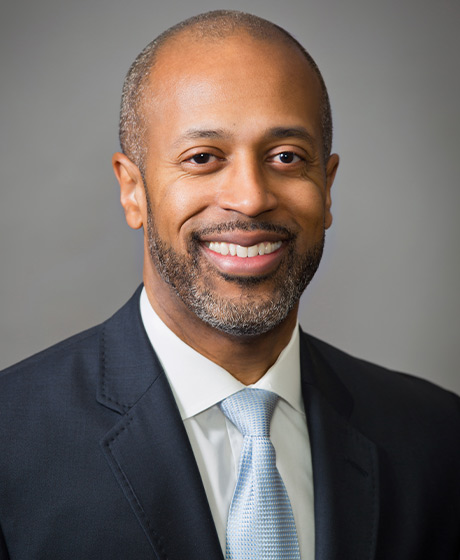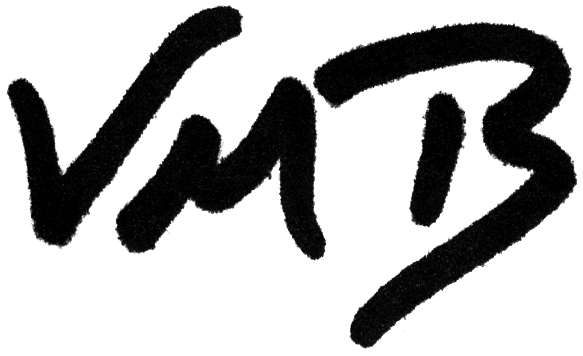
CEO’s note
n 1754, a Scottish teenager named James Watt departed his small hometown of Greenock for nearby Glasgow. Watt hoped to make a living fashioning scientific instruments and find a veteran tradesman to teach him the finer points of the craft. Fifteen years later, he received a patent for a massive innovation in steam engine technology, a development that is often credited with kickstarting the Industrial Revolution.
Once a concept confined to science fiction, AI has slowly permeated various industries for years. And in November 2022 it reached an inflection point when San Francisco-based OpenAI released ChatGPT for public use. By January 2023, ChatGPT had become the fastest growing consumer app in history, gaining more than 100 million users in just two months and prompting endless speculation about AI’s risks and potential. The implications are especially profound for public schools as AI has the potential to revolutionize education by personalizing learning experiences, automating administrative tasks and uncovering valuable insights from vast amounts of data. However, its rapid evolution demands that we stay ahead of the curve, preparing ourselves to maximize its benefits while safeguarding the welfare of our students.

Research and popular media articles have extensively explored the potential benefits and risks of AI in education. Studies show that AI-powered adaptive learning platforms can facilitate improved student performance when it’s used as a tool to enhance student engagement, identify learning gaps and provide targeted interventions. In addition, AI can simplify administrative tasks, freeing up teachers’ time to focus on individualized instruction and mentoring. Yet, there is also ample concern over the implications for academic integrity, student motivation, algorithmic biases that perpetuate inequities, and the impact of AI on human interaction and emotional well-being.

While the diversity of California’s local educational agencies means there will always be a wide variety of approaches to AI, school districts and county offices of education can benefit from guidance, resources and tools to help them respond to the emerging technology. It’s critical that we foster partnerships among educators, researchers, policymakers and industry experts to provide advice, solutions and policies that address AI in our schools and society.
CSBA aims to help governing boards gain a deeper understanding of AI technology and the potential opportunity it presents for furthering student learning. The emergence of AI technology is inviting us to reimagine education in a way that meets the challenges of the current age. We can prepare for this future by adopting policies that reflect a thoughtful approach to AI, investing in professional development programs, ensuring equitable access to AI tools and resources, and engaging with community members to promote a common understanding of the opportunities. By embracing AI in an enthusiastic yet responsible manner, we can spark a new revolution that cultivates critical thinking, creativity, collaboration and adaptability — the very skills that will empower our students to thrive in an AI-driven world.
